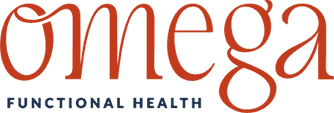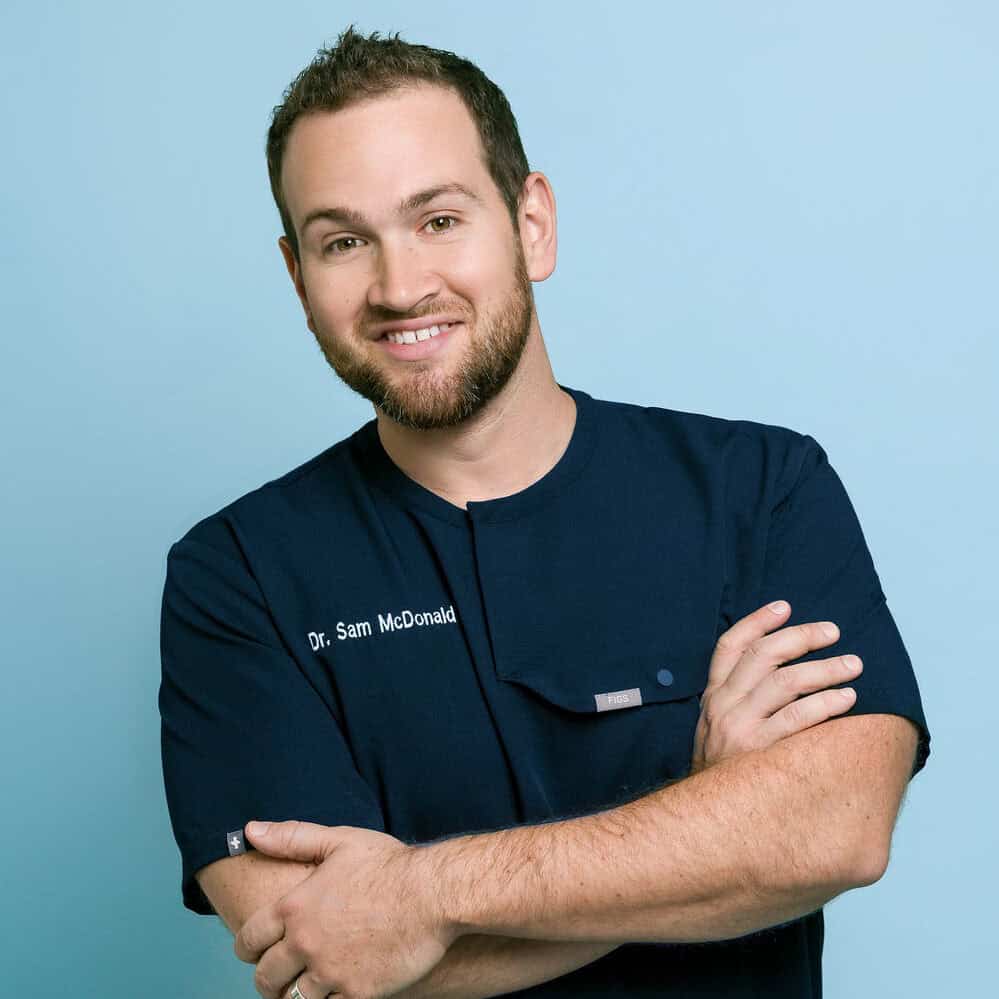At Omega Functional Health, we’ve been helping patients using shockwave therapy for over 3 years. Dr Sam is one of the few doctors in the state of Colorado directly trained by the International Society for Medical Shockwave Treatment. Whether you’re dealing with chronic pain or injury recovery, our expert team is dedicated to providing personalized, effective treatments to help you regain mobility and improve your quality of life.
What Our Patients are Saying
What is Shockwave Therapy?
Shockwave therapy, also known as sound wave therapy, is a non-invasive treatment that uses high-energy sound waves to promote healing and reduce pain in musculoskeletal conditions. A shockwave therapy machine generates sound waves, which are directed at the affected area to stimulate blood flow, break down scar tissue, and encourage tissue regeneration. Shockwave treatment is commonly used in conditions like sciatica, shoulder pain, knee pain, and plantar fasciitis. It is often included as part of shockwave physiotherapy and manual therapy to help patients recover more quickly and effectively.


What are the Benefits of Shockwave Therapy?
The benefits of Shockwave Therapy include:
- Non-invasive treatment: No surgery or injections required, making it a safe alternative with no risk of infection.
- Pain relief: Reduces pain associated with conditions like sciatica, knee pain, shoulder pain, and plantar fasciitis.
- Stimulates healing: Promotes tissue regeneration and repair by increasing blood flow to the affected area and recruiting your body’s own stem cells.
- Reduces inflammation: Helps alleviate inflammation, accelerating recovery.
- Breaks down scar tissue: Effective in breaking down adhesions and scar tissue that can restrict movement.
- Quick recovery time: Most patients can resume normal activities shortly after treatment.
What Conditions are Treated with Shockwave Therapy?
Shockwave Therapy is used to treat a variety of musculoskeletal conditions, including:
- Sciatica: Helps relieve pain and reduce inflammation caused by nerve compression.
- Plantar fasciitis: Treats heel pain by breaking down scar tissue and promoting healing.
- Tendonitis: Reduces pain and inflammation in conditions like Achilles tendonitis or tennis elbow.
- Shoulder osteoarthritis: Eases pain, improves mobility, and promotes healing by stimulating tissue repair in the shoulder joint.
- Knee pain: Alleviates pain and supports healing in cases of chronic knee discomfort or meniscus injury.
- Neuropathy: Reduces pain and promotes nerve regeneration in individuals suffering from nerve-related conditions.


Shockwave Therapy Safe?
Yes, Shockwave Therapy is very safe and has almost no side effects. Unlike some other treatments, it does not cause bruising or tissue damage. It is a non-invasive, drug-free therapy that is well-tolerated by most patients. Since there are no significant risks associated with the procedure, it has become a trusted and effective option for treating a variety of musculoskeletal conditions, offering relief without the complications of more invasive approaches.
FAQ
- How can shockwave therapy help with my neuropathy?
- Can shockwave therapy cause damage?
- Does shockwave therapy have side effects?
- Can you exercise after shockwave therapy?
- Is shockwave therapy painful?
- When should I see a doctor for shockwave therapy?
- Does shockwave therapy hurt?
- What is the recovery time after a shock wave therapy session?
- What areas do you serve?
Shockwave therapy can improve blood circulation, stimulate nerve regeneration, and reduce pain associated with neuropathy, promoting healing and improved function in damaged nerves.
No, true shockwave therapy is very safe and does not cause damage to tissues or nerves.
Shockwave therapy has minimal side effects. Most patients experience no side effects, but occasionally mild soreness may occur, which typically resolves within a day.
Yes, light exercise is generally safe after shockwave therapy, but it's best to avoid intense physical activity for 24-48 hours to allow the treated area to recover.
Most patients experience little discomfort during shockwave therapy. The sensation is usually tolerable, and any mild discomfort fades once the session is completed.
You should see a doctor for shockwave therapy if you have chronic pain, nerve issues, or musculoskeletal conditions like sciatica, plantar fasciitis, knee pain, or neuropathy that haven’t responded to other treatments.
Most patients may feel mild discomfort, but it is generally well-tolerated and short-lived.
The recovery time after a shockwave therapy session is typically short. Most patients can return to normal activities immediately, although it is recommended to avoid strenuous exercise for 24-48 hours to allow the treated area to heal and recover.
Our office is conveniently located in Wheat Ridge and we serve patients from the surrounding areas including Arvada, Lakewood, Golden and Denver.


